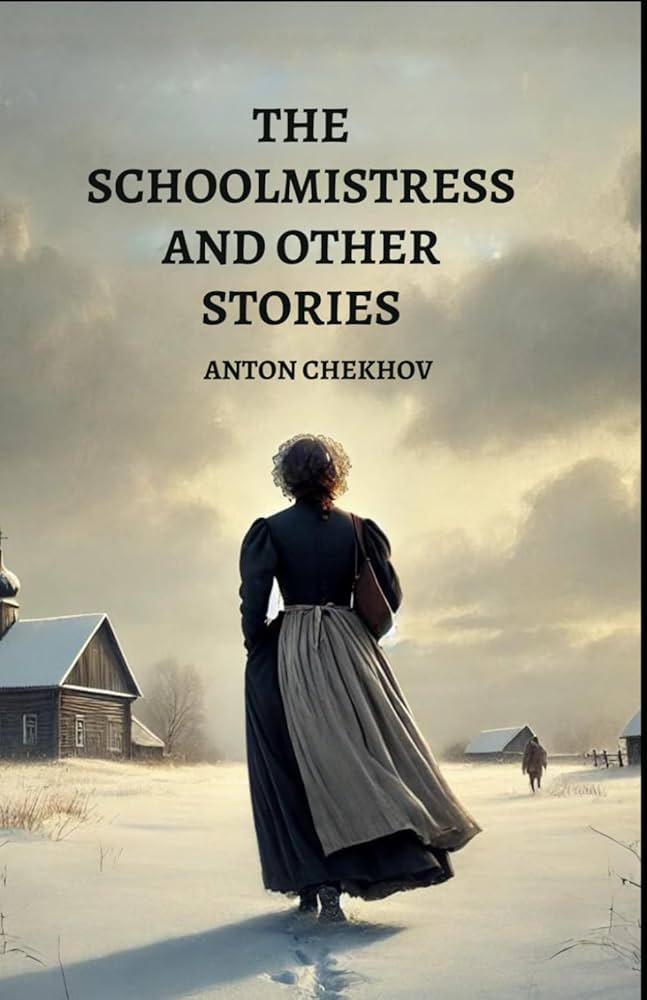IN EXILE
byIn Exile introduces a remote Siberian riverside as the setting for a quiet but deeply emotional night, where two exiles—Canny, an older ferryman, and a young Tatar—share warmth from the same fire but not the same outlook. In the stillness, their exchange captures not only their isolation from the world but their contrasting ways of enduring it. Canny, who has long accepted this life of emptiness, speaks without bitterness but also without hope. He insists that wanting nothing leads to peace, suggesting that peace can be found only in surrender. The Tatar, unable to erase memories of the life he was torn from, especially his wife, listens but does not agree. For him, each breath of cold wind carries longing, and every silence reminds him of the love he left behind.
The young Tatar’s yearning stands in stark contrast to Canny’s emotional detachment. Canny’s philosophy—born of years watching the water pass—makes sense to him, but to the Tatar, it feels like spiritual death. When love, ambition, and memory are stripped away, what is left of being human? The Tatar cries not just for his wife but for his identity, which seems to fade with each day in exile. His questions, directed at Canny but also at the silence around them, speak for many who have been discarded by society. Their dialogue becomes a quiet argument between endurance and desire, between forgetting and remembering. In that dim campfire light, they are not just two men; they represent two responses to loss—numbness and ache.
Woven into their talk is the story of Vassily Sergeyitch, another exile whose tale adds depth to this meditation on isolation. He arrived with dreams, determined to fight fate and build something new. But his dreams frayed when his wife left and his child fell ill. One by one, the supports of his resolve collapsed, and his energy shifted from resisting despair to simply surviving it. Canny watched Sergeyitch fade, not with cruelty but with understanding, recognizing in him what he had once been. For those in exile, the passage of time is not measured in days but in losses—losses of people, of purpose, and of the self.
As the night deepens, so does the weight of the conversation. The Tatar’s anger bursts through when Canny dismisses his pain with talk of surrender. For the younger man, to stop caring is not wisdom—it is defeat. His refusal to let go of his longing becomes its own act of resilience. Canny, while unmoved, does not argue. He has grown quiet not from knowing better, but from having no energy left to protest. Their final moments by the fire aren’t marked by resolution, but by recognition. In exile, even a disagreement is a kind of closeness—proof that someone still feels something.
Siberia in this tale is more than a place. It is an emotional climate as well as a physical one—a mirror of each man’s internal condition. Chekhov uses the landscape’s harshness to reflect the cold truths of abandonment, punishment, and the quiet collapse of dreams. Yet in the midst of this stillness, the Tatar’s pain serves as a subtle revolt. His love, his frustration, his voice—all testify that even here, where time seems frozen and hope is mocked by endless snow, the heart resists extinction.
The story doesn’t end in redemption or closure, and that’s what makes it so striking. The river keeps flowing, the fire dies down, and the men return to silence. But the reader is left holding both perspectives—Canny’s bitter calm and the Tatar’s aching spirit. In exile, the only certainty is that life continues, and so must the struggle to define what it means to be alive.

